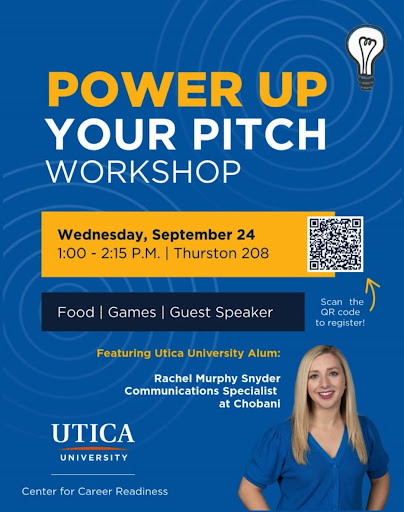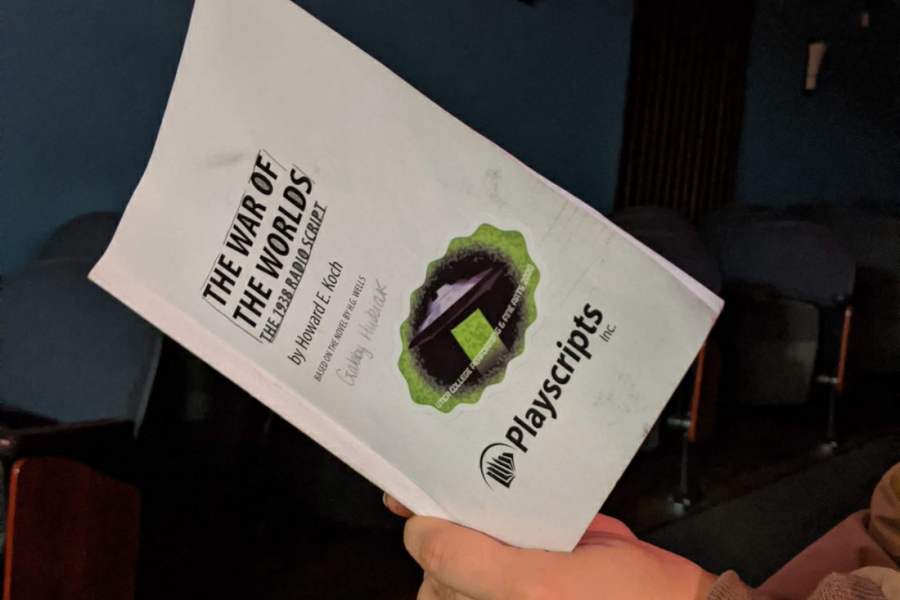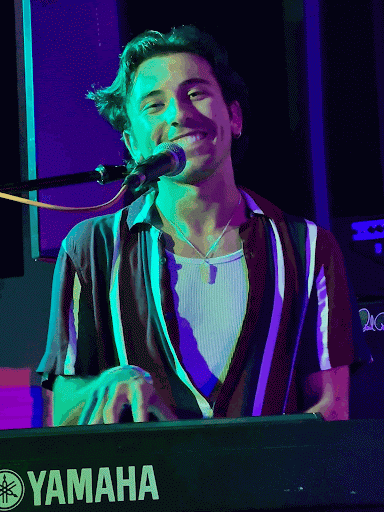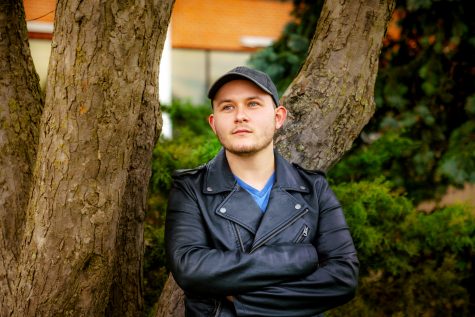WPNR will broadcast War of the Worlds at 5 p.m. on Oct. 30 in tandem with the theater program at Utica College. This will be the department’s first stab at a radio show due to restrictions imposed by the coronavirus pandemic.
The most well known version of War of the Worlds is the 1938 radio dramatization directed by and starring Orson Welles, which caused a panic among listeners who thought the Martian invasion described over the air was happening in real life.
According to the UC performers, a radio performance has certain advantages and disadvantages for the cast, but many people feel that the skills gained from a radio play outweigh the negatives.
Gabriella Hudziak, a junior at Utica College, plays Professor Pierson and Orson Welles in the upcoming play. Hudziak is optimistic about performing in a radio production instead of stage acting.
“I think it’s an interesting experience,” she said. “It’s an opportunity to do voice acting here. Voice acting is a chance to act without anyone being able to see you. I work at the radio station, but I’m also involved in theater. It is a chance to combine my knowledge.”
Freshman Isabella Hudziak will perform in a variety of roles including Carol Phillips and an observer pilot. For her, there are some advantages to performing in a radio play, specifically in regards to her performance and the use of radio as the medium.
“My memory is like a squirrel’s,” Isabella Hudziak said. “With a radio play, I get to have my script with me all the time. I can focus more on my voice rather than worrying about how I look. I also think it’s cool to reintegrate radio into modern media.”
She said there were some problems with radio acting, instead of traditional stage acting, in how comfortable the actors are.
“I think the fact that most acting relies on facial expressions is tough,” Hudziak said. “I think we’re also a little hurt by being allowed to have scripts. We feel more relaxed and like we have leeway than if we were in front of a really big crowd.”
Rachel Wolfe, assistant professor of theater and the director of War of the Worlds, is excited to offer a radio production and said it can be a beneficial experience for students.
The idea to perform a radio show – which they hoped to adapt to the stage – actually came from the costume director. When the pandemic began, the department already had the option to just do the radio play version of the show, she said.
“It has a famous history, so people know War of the Worlds pretty well,” Wolfe said. “I thought a play of everything changing in the world would resonate.”
Wolfe also said show attendance can be increased through a radio broadcast.
“It greatly expands the number of people who can attend,” Wolfe said. “We normally do three to four nights of performances for 300 to 400 people. We can double that.”
Wolfe said audio quality is the only technical problem involved with radio theater production. All of the audio is technologically transmitted which results in more sound engineering that must be done, using equipment from both the radio station and the theater department. Despite the difficulties in sound engineering, Wolfe said this challenge is useful for students.
“The technologically mediated voice acting gives students skills on the job market,” Wolfe said.







































































































































